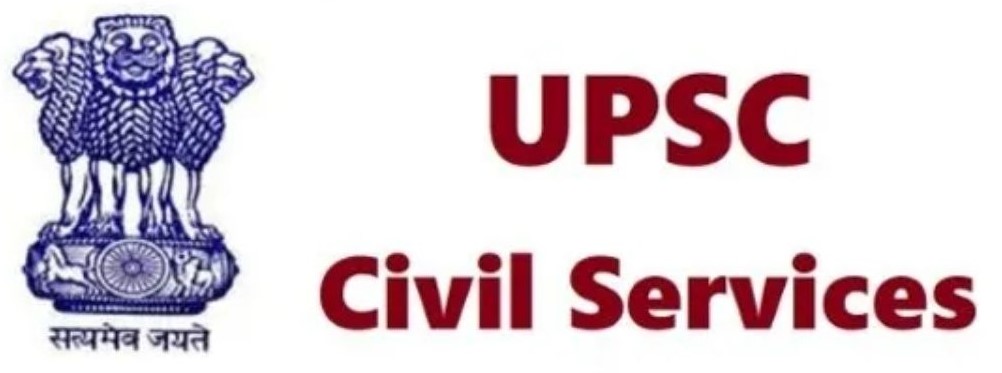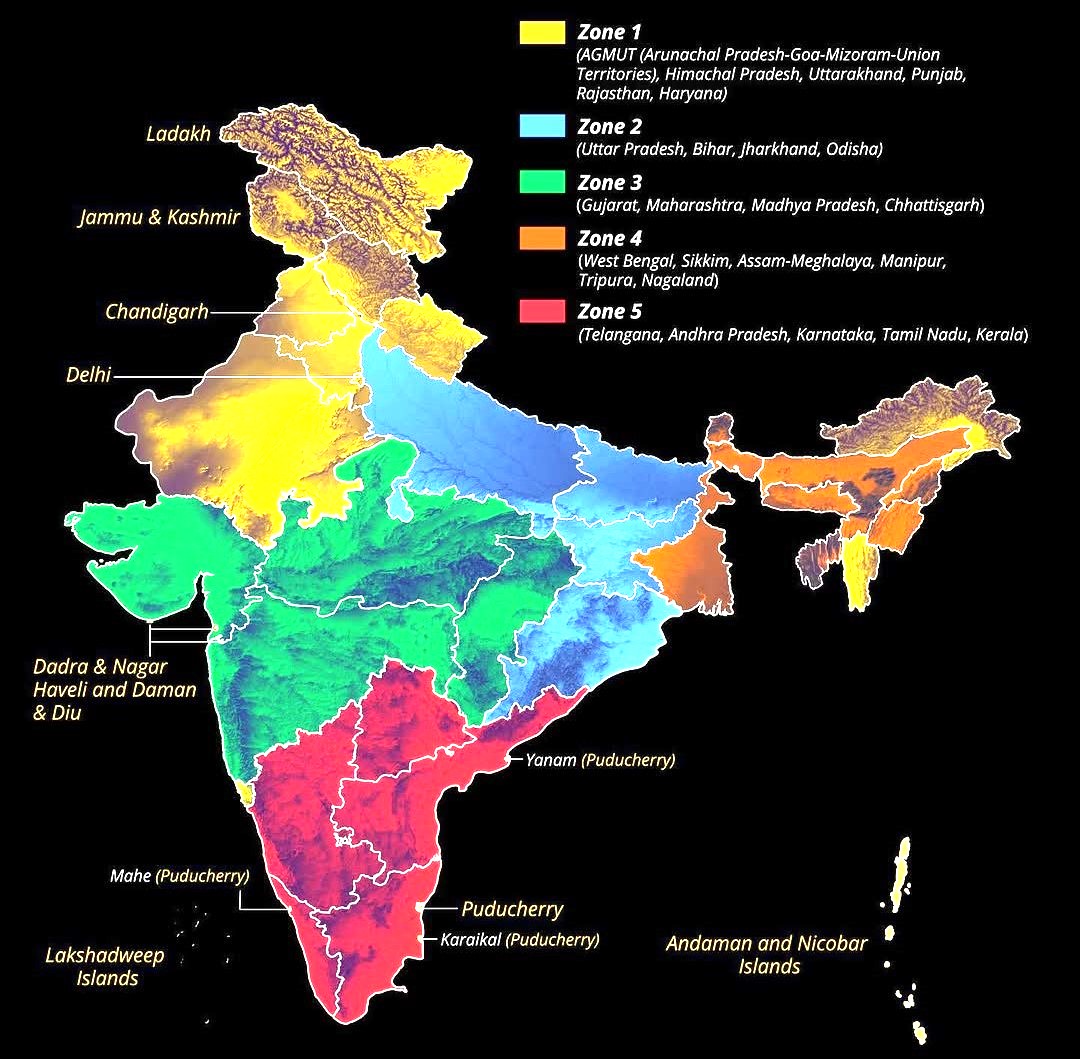The journey to becoming an Indian Administrative Service (IAS) officer is one of the most challenging yet rewarding pursuits in India. An IAS officer is not just a government servant but a leader who influences public policy and drives the development of the nation. This detailed guide outlines the entire process, from preparation to achieving your goal and stepping into the shoes of a leader.

1. Understanding the Role of an IAS Officer
IAS officers are instrumental in implementing government policies, managing public administration, and ensuring effective governance. Their work impacts millions of lives, making this role a blend of power, responsibility, and service.
Key Responsibilities of an IAS Officer:
- Framing and implementing policies.
- Managing government departments and resources.
- Ensuring law and order in the district or region.
- Leading disaster management efforts.
- Representing India internationally on deputations.
2. Eligibility Criteria to Appear for the UPSC Exam
The journey begins with meeting the basic eligibility requirements to appear for the Civil Services Examination (CSE), conducted by the Union Public Service Commission (UPSC).
Basic Requirements:
- Nationality:
- Must be an Indian citizen.
- Educational Qualification:
- A graduate degree in any discipline from a recognized university or equivalent.
- Final-year students can also apply, provided they complete their degree before the Main Examination.
- Age Limit (as of the exam year):
- General: 21–32 years
- OBC: 21–35 years
- SC/ST: 21–37 years
- Persons with Disabilities (PwD): 21–42 years
Number of Attempts:
- General: 6 attempts
- OBC: 9 attempts
- SC/ST: Unlimited (within the age limit)
3. Structure of the UPSC Civil Services Examination
The UPSC CSE comprises three stages:
- Preliminary Examination (Prelims):
- Objective-type exam with two papers:
- General Studies (GS) Paper I
- General Studies (CSAT) Paper II (qualifying)
- Serves as a screening test.
- Objective-type exam with two papers:
- Main Examination (Mains):
- Descriptive written exam with nine papers.
- Essay, General Studies (4 papers), and Optional Subject (2 papers).
- Two qualifying language papers (English and a regional language).
- Tests your depth of knowledge, analytical skills, and ability to write structured answers.
- Descriptive written exam with nine papers.
- Personality Test (Interview):
- A panel evaluates your personality, communication skills, and suitability for public service.
4. Preparing for the IAS Examination
Effective preparation is the backbone of success. Here’s a step-by-step strategy:
Step 1: Understand the Syllabus
The syllabus is vast, but clarity on topics helps focus your efforts. Divide it into:
- Prelims Syllabus: Current events, history, geography, polity, environment, and economics.
- Mains Syllabus: More in-depth topics, including ethics, governance, and essay writing.
Step 2: Build a Strong Foundation
- Start with NCERT textbooks (Class 6–12) for basic concepts.
- Move to standard reference books for advanced topics:
- Polity: Indian Polity by M. Laxmikanth
- History: India’s Struggle for Independence by Bipan Chandra
- Economy: Indian Economy by Ramesh Singh
Step 3: Current Affairs Mastery
- Read newspapers daily (The Hindu or Indian Express).
- Follow government reports like the Economic Survey and Union Budget.
Step 4: Choose an Optional Subject
Pick a subject based on interest and scoring trends. Popular choices include Public Administration, Geography, Sociology, and History.
Step 5: Time Management
- Devote 8–10 hours a day for focused study.
- Break study sessions into smaller intervals.
Step 6: Mock Tests and Answer Writing Practice
- Attempt Prelims mock tests to improve speed and accuracy.
- Practice writing structured answers for Mains, focusing on clarity and relevance.
Step 7: Revise Regularly
Frequent revision consolidates your knowledge and helps retain facts.
Step 8: Stay Motivated
The journey can be long and grueling, but consistency and self-belief are key.
5. Cracking the Examination: Stage-Wise Tips
Prelims Tips:
- Prioritize high-yield topics like polity, history, and environment.
- Focus on accuracy to avoid negative marking.
- Solve previous years’ question papers.
Mains Tips:
- Write daily answers to improve presentation and coherence.
- Use examples, diagrams, and flowcharts wherever applicable.
- Prepare ethics case studies meticulously.
Interview Tips:
- Be confident, polite, and honest during the interview.
- Prepare your biodata and current affairs thoroughly.
- Develop clarity on your opinions and avoid extreme views.
6. IAS Training at LBSNAA
After clearing the exam, selected candidates undergo training at the Lal Bahadur Shastri National Academy of Administration (LBSNAA) in Mussoorie.
Training Highlights:
- Administrative lessons.
- Physical training and field visits.
- Leadership and decision-making skills.
7. Skills to Excel as an IAS Officer
To lead effectively, you must cultivate specific skills:
- Decision-Making: Quick, impactful decisions in high-pressure situations.
- Empathy: Understanding the needs of citizens.
- Resilience: Staying calm in crises.
- Communication: Bridging the gap between the government and the public.
8. Challenges and Rewards of Being an IAS Officer
Challenges:
- Political pressures.
- Managing public expectations.
- Balancing personal and professional life.
Rewards:
- Opportunity to create impactful policies.
- Prestigious career with job security and benefits.
- Recognition and respect in society.
9. Key Takeaways for IAS Aspirants
- Patience and Perseverance: The journey demands time, discipline, and unwavering determination.
- Smart Work with Hard Work: Combine effective strategies with consistent efforts.
- Lifelong Learning: Being an IAS officer requires you to stay updated and informed.
Conclusion
Becoming an IAS officer is more than cracking an exam—it’s about embracing the responsibility of leadership and service. With a structured approach, dedication, and resilience, you can transform yourself into a dynamic leader who shapes the future of the nation.
Start your journey today. Every small step brings you closer to your dream!
FAQs: How to Become an IAS Officer
An IAS officer is responsible for implementing government policies, managing public administration, ensuring law and order, leading disaster management efforts, and representing India internationally on deputations.
Candidates must be Indian citizens, hold a graduate degree, and fall within the specified age limits (21–32 years for the general category, with relaxations for other categories).
The exam consists of three stages:
Preliminary Examination (Prelims): Objective-type questions.
Main Examination (Mains): Descriptive written examination.
Personality Test (Interview): Evaluates personality and communication skills.
Begin by understanding the syllabus, building a foundation with NCERT books, studying standard reference materials, and staying updated with current affairs.
► Focus on high-yield topics like polity, history, and environment.
► Practice mock tests and previous years’ question papers.
► Prioritize accuracy to avoid negative marking.
Write structured answers with examples, diagrams, and flowcharts. Practice ethics case studies. Regularly revise topics to retain knowledge.
IAS officers undergo training at the Lal Bahadur Shastri National Academy of Administration (LBSNAA), where they learn administrative skills, leadership, decision-making, and participate in field visits.
Challenges include political pressures, high public expectations, and balancing personal and professional life.




